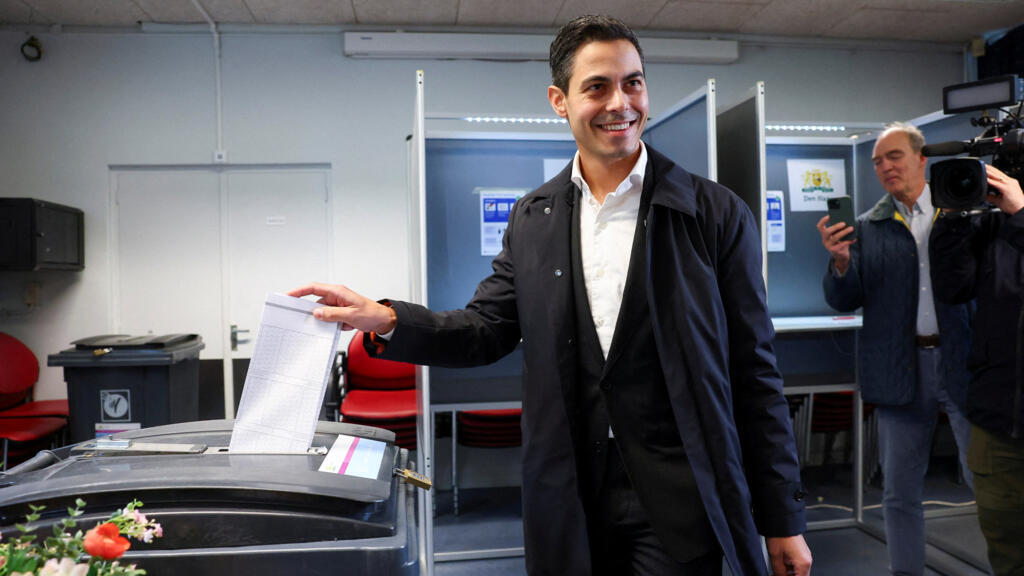Rob Jetten: The Rising Star in Dutch Politics
As the political landscape in the Netherlands shifts, the race between the anti-immigration far-right Party for Freedom, led by Geert Wilders, and the centrist Democratic 66 (D66), represented by the energetic Rob Jetten, remains tight. While Wilders’ party has garnered significant attention with its strong anti-immigration stance, the possibility of forming a coalition remains bleak as all major parties have ruled out working alongside him. In this scenario, Rob Jetten, despite potentially finishing second in the elections, is positioned as a likely candidate for the role of Prime Minister.
Rob Jetten, born on July 25, 1985, is a prominent figure in Dutch politics. He has served as a member of the House of Representatives since 2017 and has rapidly become one of the leading voices within his party. At just 38 years old, Jetten is viewed as a fresh and dynamic presence in the political arena. His leadership style is characterized by a collaborative approach, aiming to bring various factions together to tackle the pressing issues facing the Netherlands today.
One of Jetten’s primary agendas revolves around climate change and sustainability. He advocates for ambitious environmental policies that prioritize renewable energy sources and aim to reduce carbon emissions substantially. Jetten’s commitment to tackling climate change is not just a strategic political move; it is rooted in his passion for creating a sustainable future. He envisions a Netherlands that is not only environmentally responsible but also a leader in global sustainability efforts.
In addition to environmental issues, Jetten focuses on social equality and inclusiveness. He aims to create policies that empower marginalized communities and promote diversity. This agenda is particularly significant in the face of rising anti-immigration sentiments represented by Wilders' party. Jetten’s approach seeks to reaffirm Dutch values of tolerance and multiculturalism while addressing the concerns of citizens about integration and social cohesion.
Moreover, Jetten has emphasized the importance of innovation and economic development as key components of his platform. He believes that investing in technology and education will not only bolster the Dutch economy but also enhance the country’s competitiveness on a global scale. His vision includes promoting start-ups and tech companies as vital drivers of employment and growth, ensuring that the future workforce is equipped with the necessary skills to thrive in an ever-evolving job market.
As the race progresses, Jetten's ability to communicate effectively and engage with voters has distinguished him from other candidates. His charismatic personality and determination to bring change resonate with many young voters, positioning him as a voice for a generation looking for new solutions to longstanding problems. Jetten’s optimism and proactive approach could potentially sway undecided voters, giving D66 an advantage despite their current polling status.
Despite the challenging political terrain, Jetten remains undeterred. He understands that the political landscape is complex and that winning the election involves strategic alliances and negotiations. Should Jetten become Prime Minister, he will need to navigate the intricacies of coalition-building carefully, particularly given the reluctance of major parties to partner with Wilders’ faction.
In conclusion, Rob Jetten’s rise within the D66 party highlights a shift towards progressive ideals in Dutch politics. His dedication to environmental issues, social justice, and economic innovation positions him as a forward-thinking leader capable of responding to contemporary challenges. As the Netherlands approaches a decisive electoral moment, the role of Rob Jetten may very well shape the future political landscape of the country.












